As a mechanical engineer fresher or professional, you may be wondering; what is the real cause of an engine crankcase and piston explosion?
Well, on this article, we will discuss more on things that could get your marine diesel engine piston, crankcase and connecting rod instant damage.
It’s quite understood, no marine engineer wish to experience such incidents. That is why having good knowledge about what may cause the incidents is very important and recommended to keep eye on them.
Firstly, I will believe you know the material involve in crankcase and piston manufacturing processes. If you don’t know, please read more about the engine piston manufacturing process and crankcase molding process and material.
Secondly, what are the rules guiding these engine parts? And why do you need to follow the rules?
Also, see: 8 Main reasons why marine engine not starting or turning
Now, for piston rules; they are two important rules, constant lubricant and no water presence in the cylinder. While for crankcase rules; also two important rules, keep breather through and maintain the safety valve operational. Haven’t known that, let’s look into things that can cause an explosion on both devices named above.
Causes of crankcase explosion.
Crankcase explosion is caused by excessive gas pressure in the crankcase, which is created either by excess heat or oil mist(which form excess fog, creating pressure on the engine block.
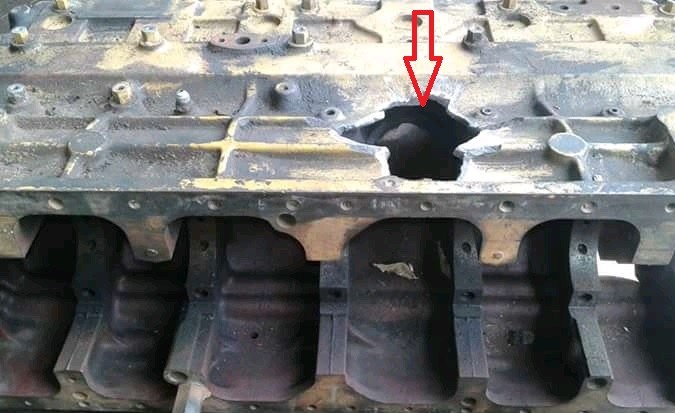
To avoid the above, two safety devices are being installed to monitor the crankcase behavior they are;
1. Crankcase explosion relief valve
2. Oil mist detector – learn more about oil mist detector
It’s very important to check this two devices periodically, to know their operational mode. Furthermore, there are other two safety devices which are also installed to help monitor the source of excessive heat in the crankcase, which are;
1. Bearing wear monitoring system
2. Shaft line earthing device.
As a responsible engineer onboard, it’s very important to keep close eyes on these safety devices which has been provided for your safety and that of the engine.
Also, crankcase vent is provided with a filter attached, sometimes the filter maybe choked up due to oil vapor and carbon. This also requires to be check regularly, to make sure the venting is in appropriate condition.
Why engine piston explosions or damage during operation?
The engine piston may get exploded in three occasions:
1. Excessive heat: when cooling and lubricating oil is insufficient, it will cause the piston to work on a high friction which leads to crack and otherwise explode. It’s very important to maintain a proper level of the engine lube oil, and cooling water. Also, check the temperature and maintain as recommended by the manufacturer. This will keep your engine safe and as well keep you safe from deadly explosion. Learn more about Reason why exhaust outlet temperature of an engine cylinder unit may be higher than other units.

2. Water presence in the cylinder: sometimes due to moisture or water leakage from the valve seat, cylinder liner or head joints, water may find its way into the engine cylinder and once the engine starts by force, this will result to big damage.
It’s recommended to turn the engine slowly at least one full circle before starting. Keep the indicator value open (if provided) while turning. Also note your engine water level, if sudden drop, verify the way about, to understand if leaked to the cylinder. Make sure to observe all marine engine starting procedures.
3. Valve stuck: This point also refers to the engine overheated, which will cause the intake or exhaust valve to cease and piston gets to hit it by force. Pay attention to engine sound, and behavior, because, the fast responses matters.
Now over to you, let’s know more of your experience on the comment box (if any).
Found this article informative? Share with your friends and subscribe below for email newsletters.


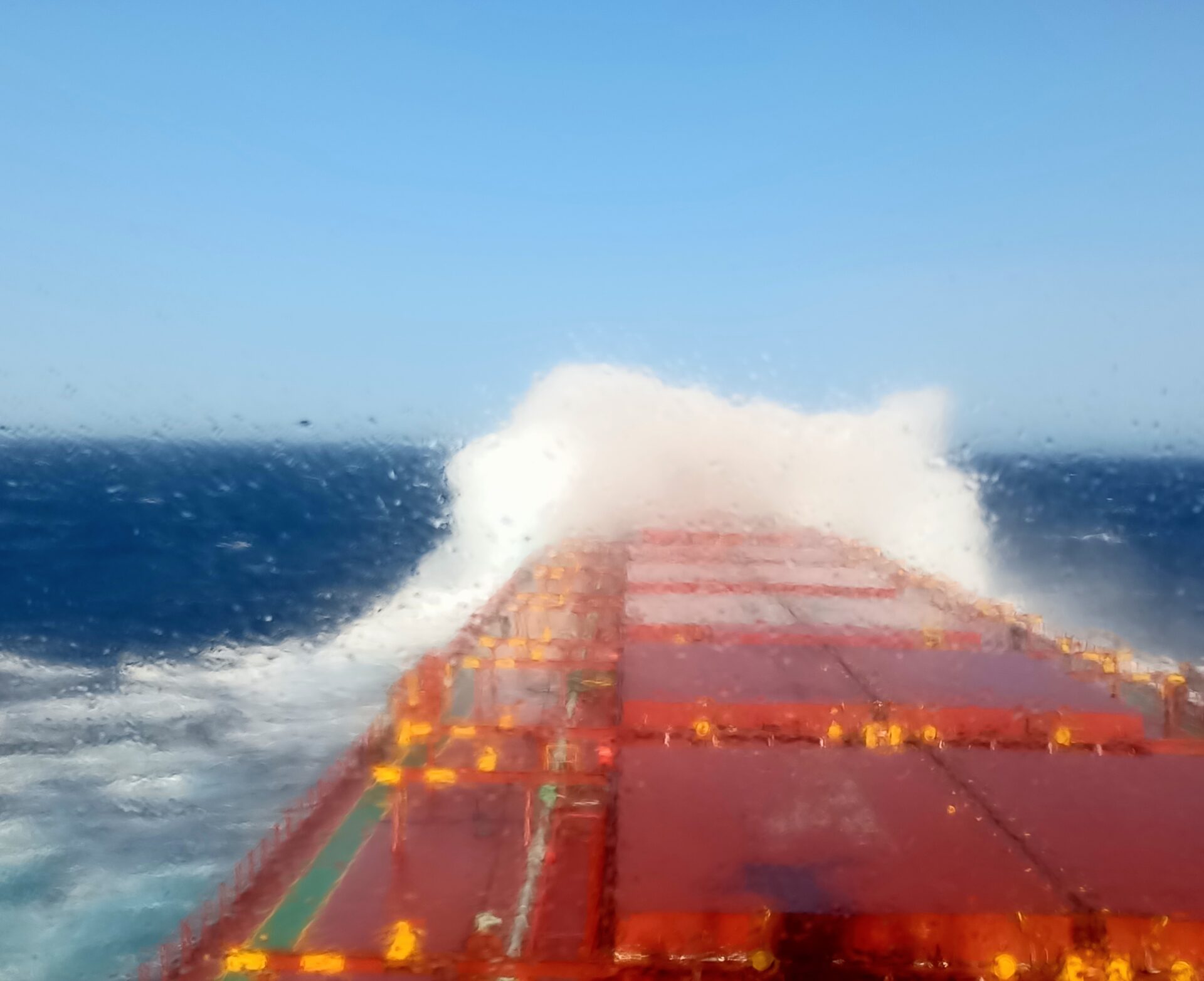
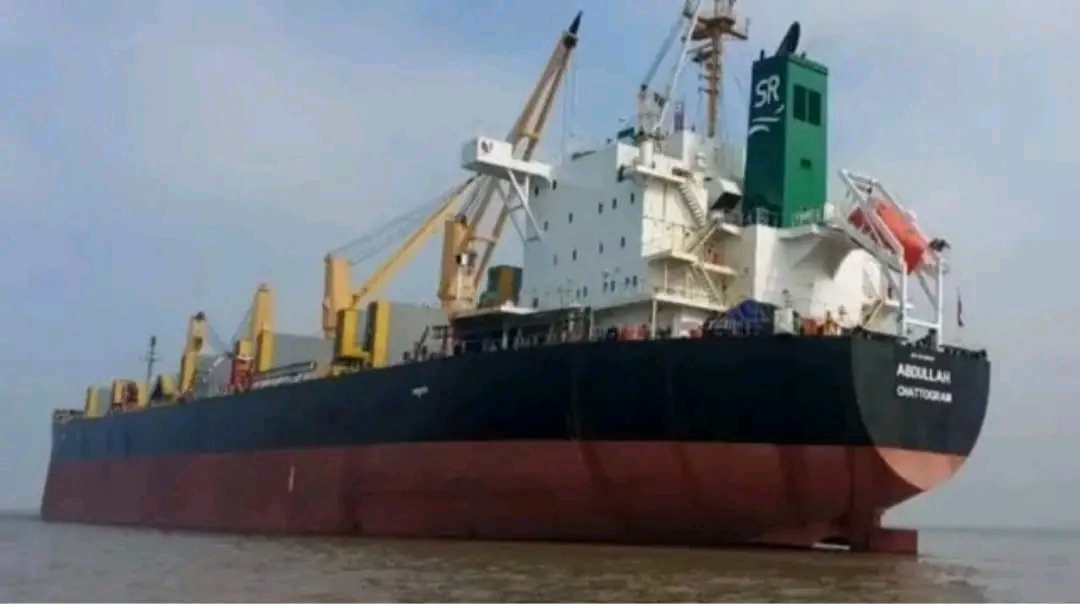
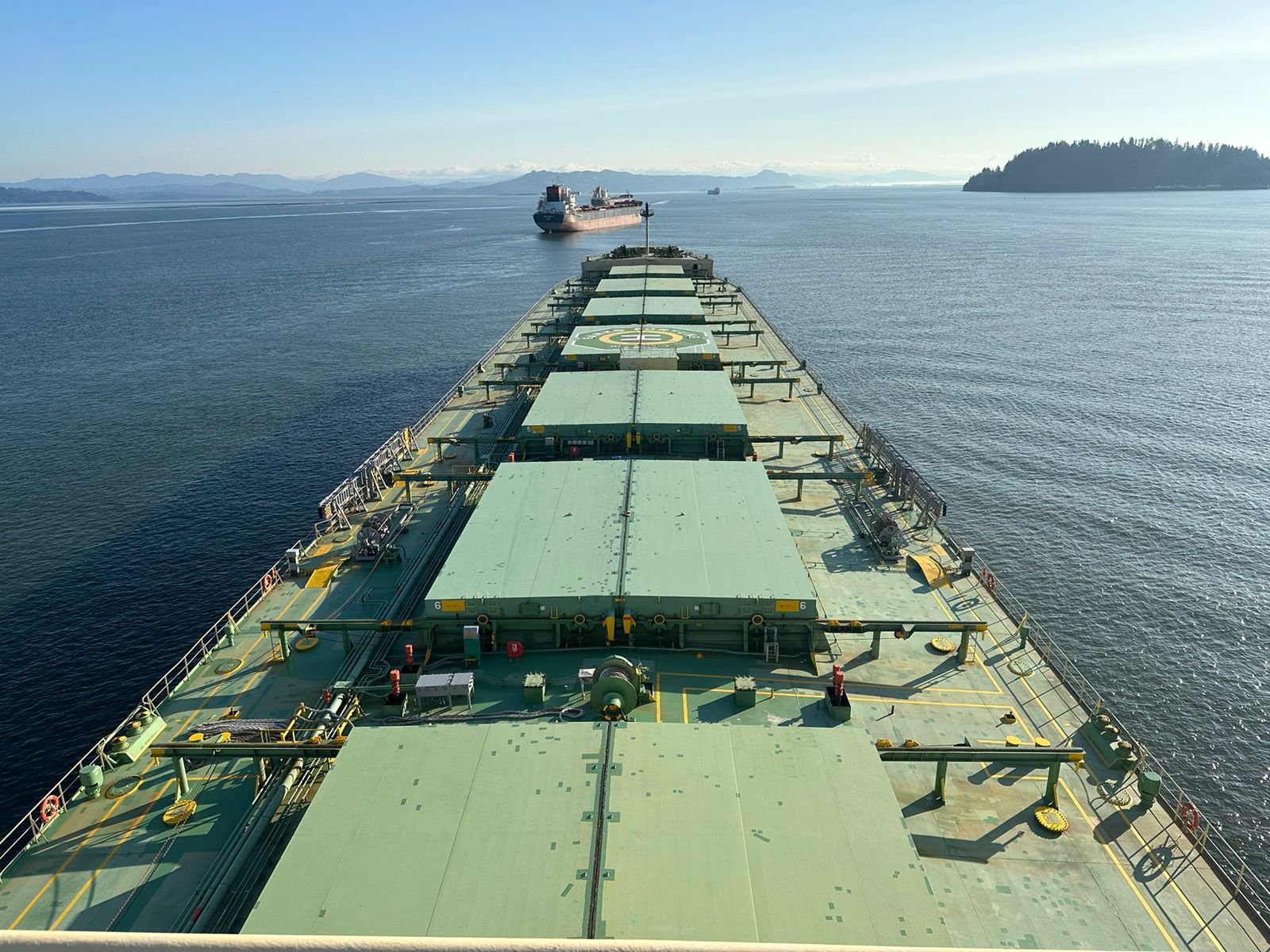
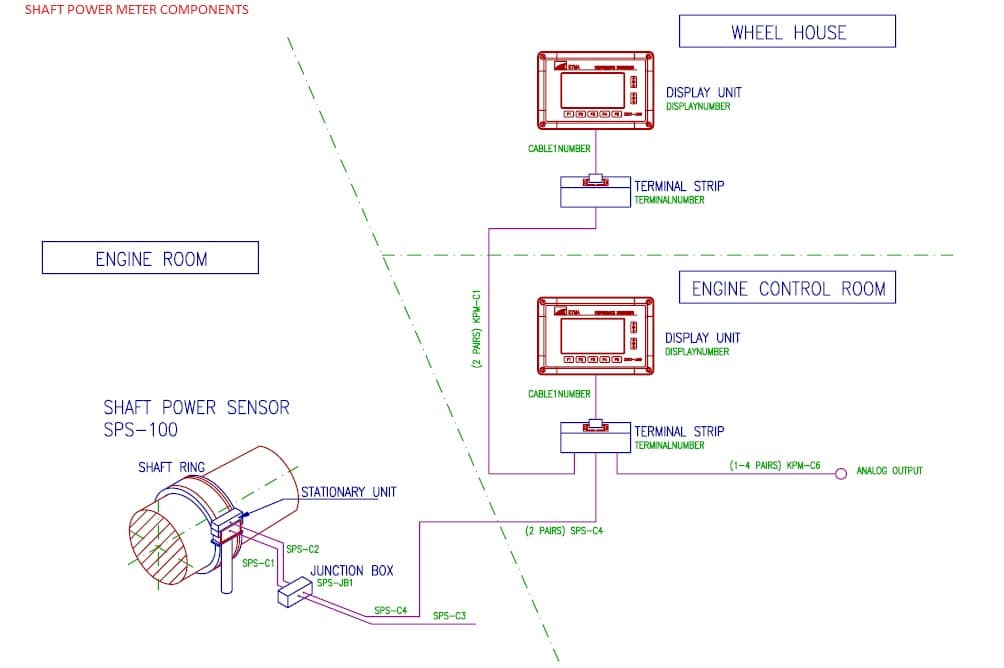
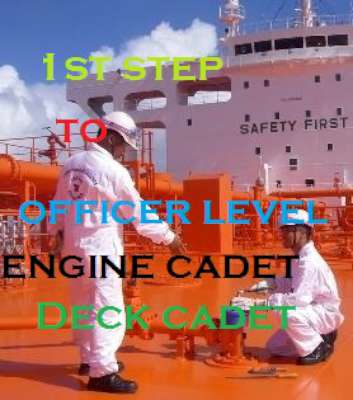
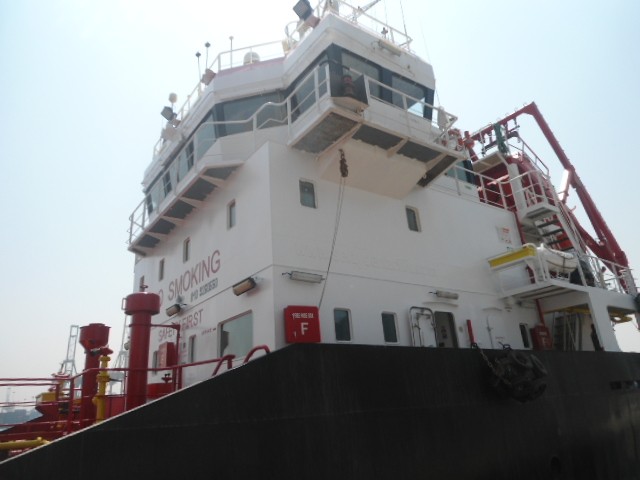


4 thoughts on “Cause of an engine crankcase and piston Explosion”
Pingback: Crankshaft Speed Sensor Position, Function And Repair Guide - Marine And Offshore Insight
Pingback: Difference Between Telescopic And Trunk Marine Engine - Marine And Offshore Insight
Pingback: Unique Problem Experienced On Man B&W Engine - Marine Engineers - Marine And Offshore Insight
Pingback: Cause Of Lube Oil System Vibrations - Marine And Offshore Insight